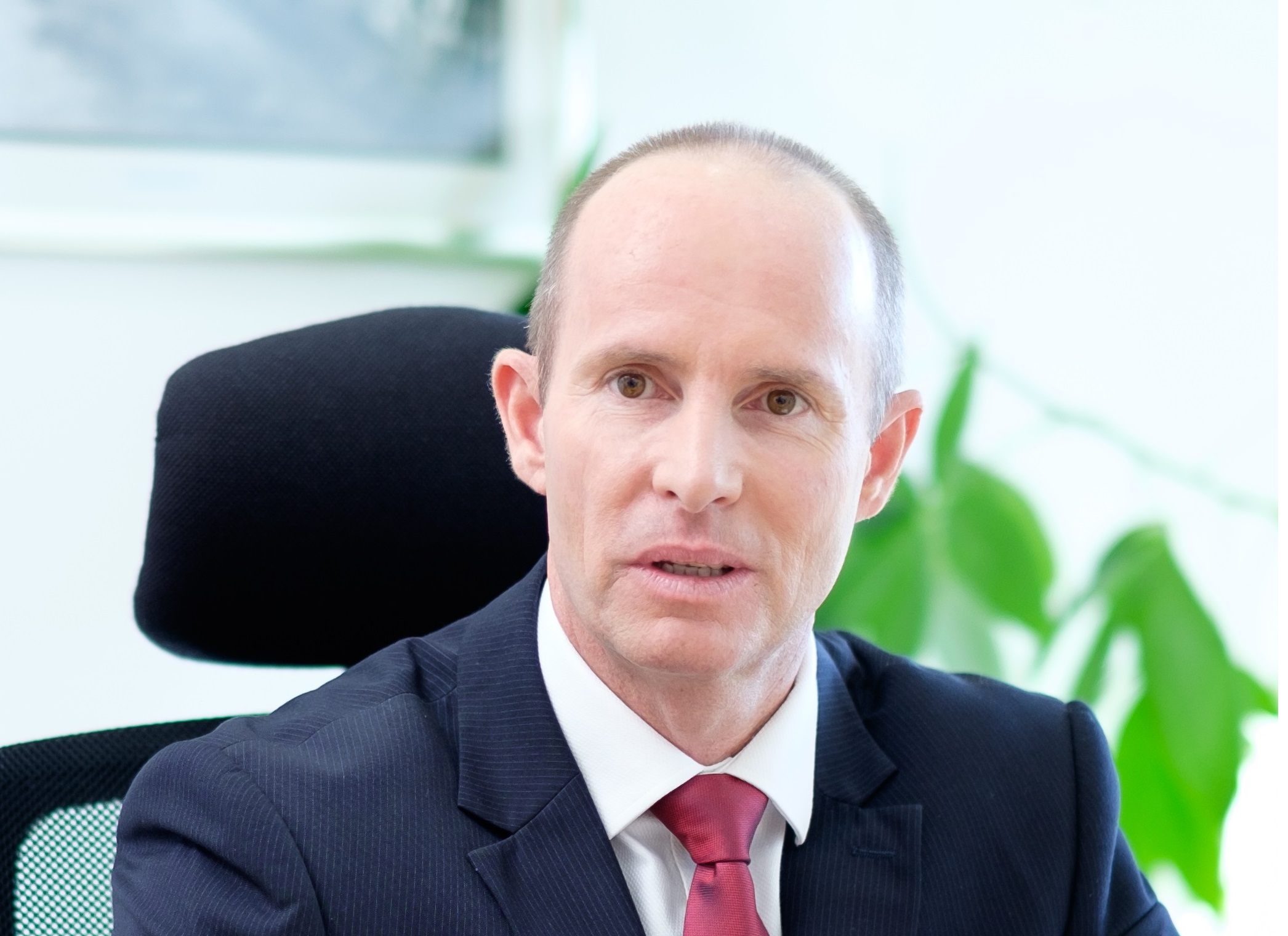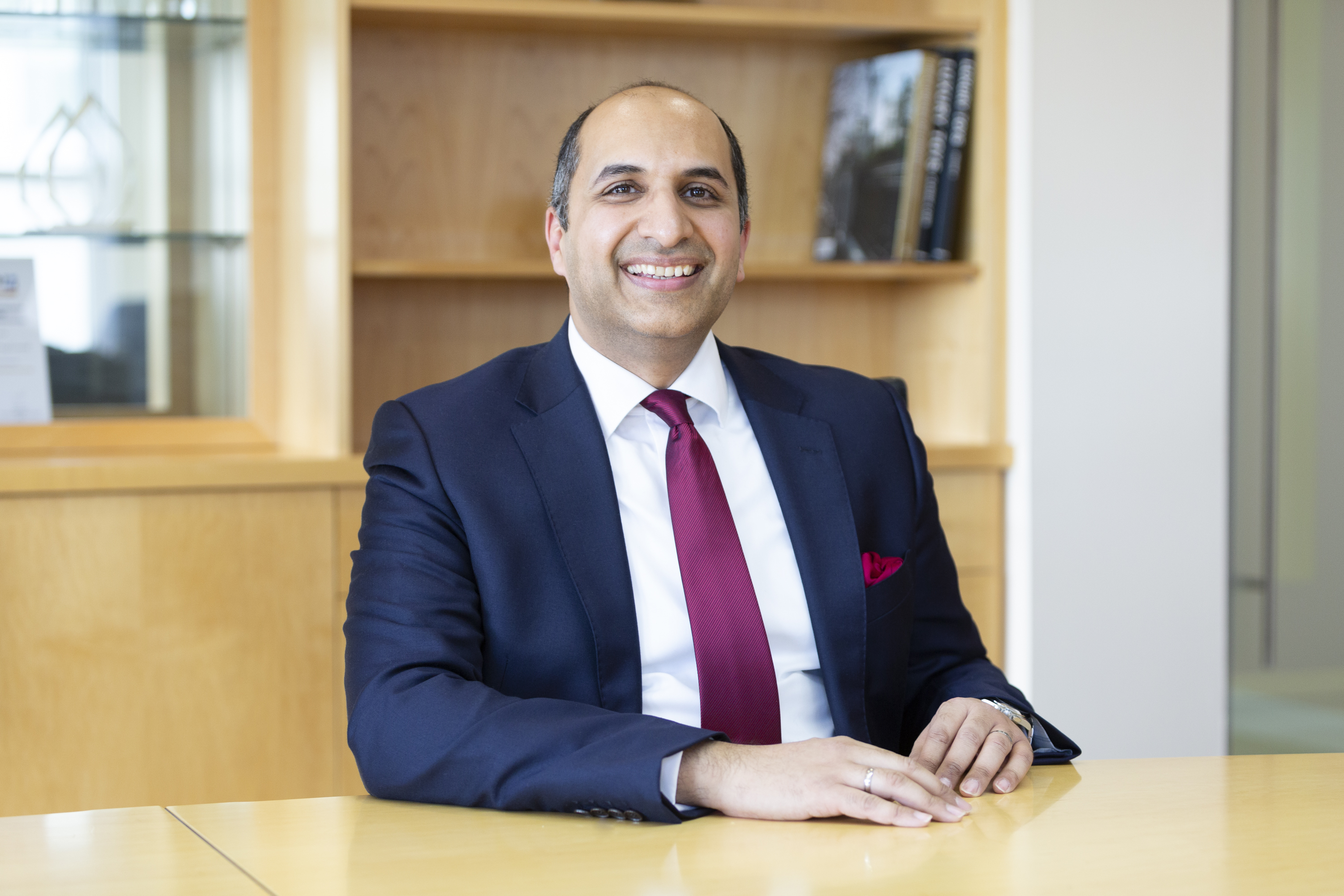As Mauritius takes a further step towards sustainability in the financial services sector with the recently published Bank of Mauritius Guide on sustainable bonds, Gordon Stuart and Mustafa Hussain of Accuro Group examine how an increasing focus on ESG factors can contribute to a more positive environmental and societal future for all.

Can we choose our dreams? From an individual perspective, this is a fascinating question and surely a difficult one to answer in a few short words. However, from a collective perspective, the answer to the same question, in a location like Mauritius, is a resounding ‘yes’. Why is such an affirmative response pertinent to Mauritius in particular? The rationale is clear and simple, when examined from the societal viewpoint.
As a reputable and region-leading International Financial Centre at the gateway to the African continent, the Republic of Mauritius is a microcosm of banking, professional and investment services. The island nation’s response to the Covid-19 pandemic has been one of unprecedented support and this has set the tone for how Mauritius is looking to its future. The dream or vision of that future is positively informed by an increasing appetite for and focus on environmental, social and governance (ESG) issues by the government and businesses in Mauritius.
Why Mauritius holds ESG close to its heart

Although ESG is undoubtedly a rising theme all over the globe as we look to our post-pandemic world, Mauritius’ position as an island nation empowers us in particular to see just why these issues are so vital, and why they are firmly on the agenda of the Mauritius International Financial Centre.
Indeed, Mauritius is an island that sits amongst the unrivalled beauty of the Indian Ocean, with flora and fauna that is in many instances unique and exceptional to the locality. There could be no more visibly engaging reminder to international business of the importance of enshrining the need to protect this biodiversity and natural environment through commerce as well as through policy.
Environmental commitment is no longer exclusively the mandate of the philanthropic sector. The answer to addressing global problems lies in global solutions. After all, rivers and oceans know no boundaries and the flows of international business account for how strategic and commercial decisions have a wider impact on society and the environment. Consideration for these factors is encompassed within the stakeholder approach: mapping and then factoring in the impact and effect ‘in the whole view’ of commercial decisions.
Providing a framework for ESG
Addressing societal and environmental (not to mention good governance) needs and concerns cannot be haphazardly approached. Mauritius’ development in this regard looks to the framework of the United Nations Sustainable Development Goals or Global Goals. These are a collection of seventeen interlinked global goals designed to be a "blueprint to achieve a better and more sustainable future for all". Notwithstanding that they were only formulated in 2015, they are intended to be achieved by the year 2030. That means there is actually very little time for making the dream a reality. This is precisely why private businesses will need to step up to lead alongside governments and charities.
In terms of the key steps taken to date along the path to sustainability in the financial sector, the Mauritian Government announced in the Budget 2020-21 that the Bank of Mauritius would come up with a framework for Blue and Green bonds, which led to the publication of a Guide on sustainable bonds by the Bank of Mauritius in June 2021. This Guide seeks to provide an overview of the requirements and process for the issuance of Sustainable Bonds and the listing of these Bonds on Exchanges licensed in Mauritius on the one hand, and to ensure the integrity of the sustainable financing ecosystem on the island on the other, to guard against ‘greenwashing’.
The Guide also highlights that one important lesson that can be learnt from the coronavirus pandemic is that ESG factors, sustainability and resilience are very important, both for markets and economies. It underlines that Sustainable Bonds are therefore more relevant than ever to help channel sustainable finance towards recovery and long-term resilience in a post-COVID world.
How the private sector is supporting such efforts
More broadly, Mauritius is actively seeking to bring environmental and societal themes into its framework for international business. Not just looking internally within the island itself – Mauritius’ proximity to and business access for Africa means it necessarily and altruistically has a regional view in setting the tone here. Beyond steps taken for Blue and Green bonds, ethical indices, and sustainable pledges, one of the most forward-looking steps Mauritius is taking is encouraging private business to play its part.
In practice this may comprise the amendment of a company’s constitutional documents to provide for a stakeholder approach; or resourcing supplies locally in an effort to bring positive returns to local business and community. These are self-fulfilling practices, and they make for a positive vision, which is also a necessary one for humanity and planet Earth.
The science is clear in its stark prediction of how we will all be impacted by rising sea levels. Mauritius is all too aware of that, being an island nation. The local community is behind the ethos; evidence by citizen-led efforts to clean up oil spills and other similar self-starting initiatives. Such a praiseworthy local philosophy will increasingly filter through to the world of commerce. This is why an ESG approach is not just good for the planet and society, but also in tune with the substance of the locality. That makes for much more meaningful business.
Mauritius to forge ahead in its ESG journey
This entire field is a still a new one when it comes to harmonised international standards and there is a need for global regulations and legislation to clarify, platform and empower people and businesses looking to embrace this approach.
But every journey starts with a first step – and it is clear that Mauritius is a sound starting point to pursuing our collective dream of a more positive environmental and societal future for all.
